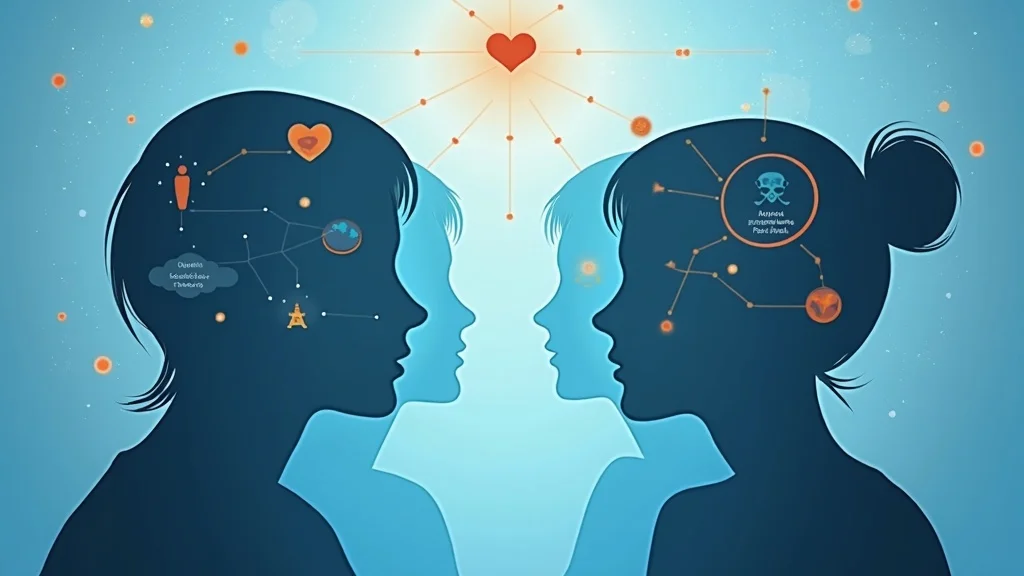Post-traumatic growth is the experience of positive psychological change as a result of a struggle with highly challenging, highly stressful life circumstances. It is a process of finding meaning and purpose in the midst of adversity.
Signs of post-traumatic growth
If you are experiencing post-traumatic growth, you might start to see changes in a variety of areas, including:
Changes in self-perception
People who experience post-traumatic growth may develop a greater sense of self-awareness, self-compassion, and self-acceptance. You may also come to see themselves as stronger and more resilient than they thought possible.
Better relationships
Post-traumatic growth can lead to stronger and more meaningful relationships with others. You may become more open and vulnerable with your loved ones, or appreciate your relationships with them more deeply.
Philosophy of life improvement
Post-traumatic growth can lead to a deeper appreciation for life, a greater sense of spirituality, and a more optimistic outlook on the future. This might look like developing a stronger sense of purpose and meaning in your life.
Post-traumatic growth is not a linear process — it can happen gradually over time, or it can occur more suddenly. There is also no one right way to experience post-traumatic growth; every journey is different.
Post-traumatic growth vs post-traumatic stress
What are the factors that can help foster an experience of post-traumatic growth instead of post-traumatic stress (or even PTSD)? The key is to have the right forms of support to help you move through and beyond the period of adversity. Are these supports available to you?
Strong social connections
People who have a strong social support network are more likely to experience post-traumatic growth. This is because social support can provide you with the love, understanding, and encouragement you need to heal and grow.
Access to resources
People who have access to resources such as therapy, support groups, and financial assistance are also more likely to experience post-traumatic growth. These resources can help you to deal with trauma, learn new coping skills, and build a new life for yourself.
Coping skills
People who have healthy coping skills are also more likely to experience post-traumatic growth. Coping skills are strategies for dealing with stress and difficult emotions. Examples of healthy coping skills include exercise, relaxation techniques, and spending time with your loved ones.
Healing from trauma takes time and effort. It can be invaluable to seek help from a therapist who can provide you with a safe and supportive space to explore your experiences and develop coping skills. With the right support, you can find meaning and purpose in the midst of adversity and foster the conditions necessary for post-traumatic growth. Start now by reaching out and scheduling a free phone consultation with one of our therapists at Salt River Therapy by clicking the button below.
 Add Row
Add Row  Add
Add 



Write A Comment